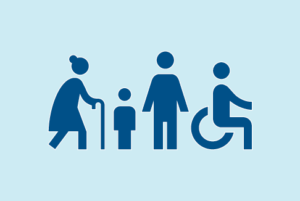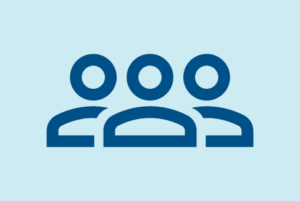The Department of Health and Human Services (HHS) has issued two new proposed rules, one on the physician self referral law — also known as the Stark Law — and another revising the anti-kickback statute.
The Centers for Medicare & Medicaid Services’ (CMS) proposed rule on the Stark Law includes new exceptions for certain value-based compensation arrangements between or among physicians, providers, and suppliers. It also proposes a new exception for other arrangements, like donations of cybersecurity technology.
In the proposed rule, CMS provides additional guidance on several key requirements that must be met for physicians and health care providers to comply with the Stark Law. CMS is also soliciting comments about the role of price transparency in the context of the Stark Law and whether to require cost-of-care information at the point of a referral for an item or service.
The Office of Inspector General’s (OIG) proposed rule revises safe harbors under the Anti-Kickback Statute and provides three new safe harbors for remuneration exchanged between or among eligible participants in a value-based arrangement if it aids better coordinated and managed patient care.
The OIG also proposes new safe harbors for patient engagement, payment provided in connection with certain models sponsored by CMS and Accountable Care Organization Beneficiary Incentive Programs.
In addition, new safe harbors are proposed for donations of cybersecurity technology and services, electronic health records, outcomes-based payments and part-time arrangements, warranties, local transportation, and telehealth for in-home dialysis.
In 2018, CHA responded to CMS’ request for information (RFI) on the Stark Law. CHA also commented on the OIG’s RFI seeking input on safe harbors to the anti-kickback statute and exceptions to the beneficiary inducements civil monetary penalty definition of “remuneration,” as related to care coordination.
CHA is currently analyzing the proposed rules and will engage with our national association colleagues and CHA members for their input to CHA’s response. Comments are due by 2 p.m. (PT) on Dec. 31.


